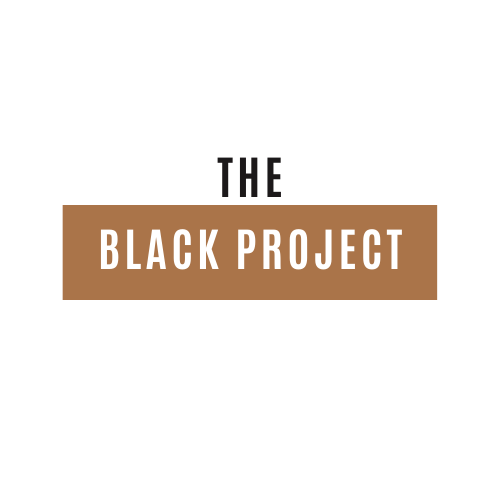Theatre Review: Love Steps, Omnibus Theatre - an interesting perspective on love to be seen by all.
Sharon Rose and Reece Richards in Love Story. Image by: Steve Gregson.
⭑⭑⭑
Love Steps by Anatasia Osei-Kuffour opens with beautiful soft pink lighting. This sets the tone for a dream-like space that the protagonist Anna exists in as she speaks her inner monologue. In seventy-five minutes we go on a journey through the trials and tribulations of a woman in her thirties looking for love and companionship. The story fuses drama, dance, poetry and music in a unique and innovative way. Anna is an accomplished writer and is surrounded by people who have found their life partners and family members enquiring about her future spouse. She is persuaded by her friend to start putting herself out there and exploring dating.
The piece’s exploration of love honed in on some really important ideas. This included the objectification of women by men and Anna’s pondering about her race and how a proximity to whiteness often affords black women love in desirability politics. There was also the cultural pressure and expectation to get married at a certain age. Sharon Rose moved seamlessly through dialogue, monologue and direct address. She brought the audience into her interiority making her character more personable. Her confidence was palpable, she moved across the space effortlessly and created a dynamic portrayal of the protagonist Anna. Osei-Kuffour’s script was poetic and powerful and gave a beautiful rhythm to the words spoken on stage.
Benny Goodman lighting design worked really well against the minimal set design. It helped move us between different locations and moods throughout the performance. It was particularly striking when the lighting became harsher in tense romantic interactions and softer during Anna’s monologue and abstract parts where she dreamed about an idealistic, heavenly love.
The movement elements crafted by Leroy ‘FX’ Dias Dos Santos were really beautiful and visualised some of the tensions between people getting to know each other. There were other elements where the movement was quite staccato taking us through different scenes such as the comedic online dating sequence which explored the archetypes of men you meet on dating apps. The movement depicting Anna crushing, falling in and out of love followed a structure of flow, connect then disconnect. This suggested Anna’s attempt to connect with the men she was dating but ultimately not solidifying these connections. Reece Richards’ movement was beautiful, detailed and receptive to Rose, particularly in his role as the potential lovers.
Richards’ multi-roling as Anna’s father, church members and lovers was very convincing. He was great at embodying the different characters’ physicality with a range of accents. The range of characters played did come at a cost to the depth we got from the central relationship between Adam and Anna. As the narrative focused solely on Anna’s love steps, we lost some of space to explore her backstory which would have been great to hear. I felt as if I was yearning to know more about the characters and their lives.
The ending challenged Anna to relinquish herself from the pressures of love and take a step in forming her own version of love. It felt slightly more optimistic in contrast to the hopelessness and heartache she endures throughout the play. This piece was ambitious in its form and brought to light a really interesting perspective on love that should be seen by all.


